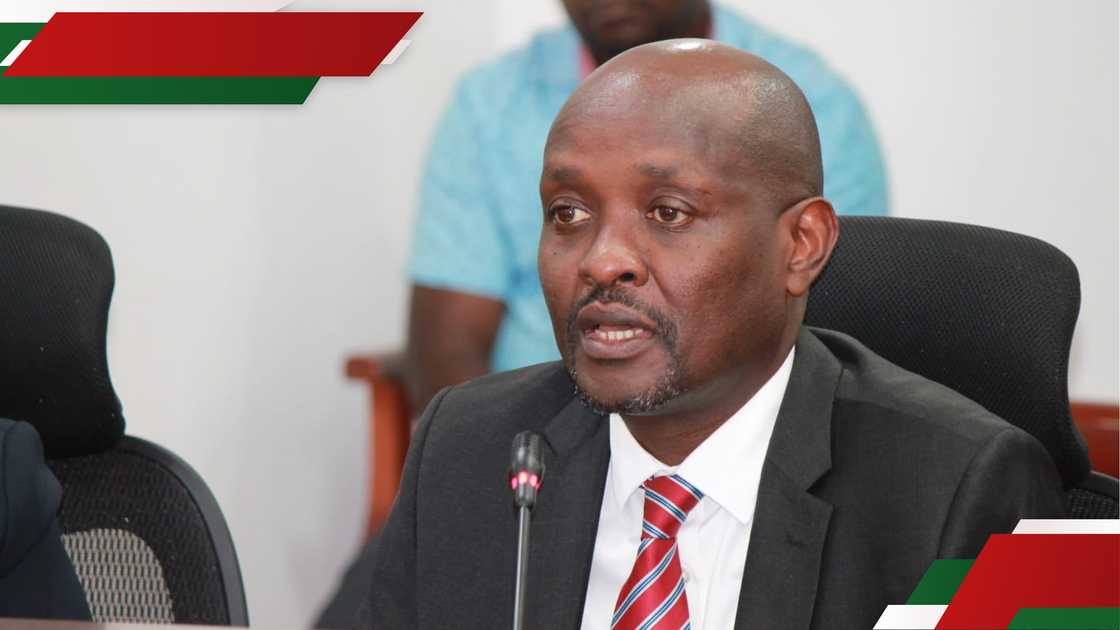Police May Now Help HELB Track Down Loan Defaulters
- Posted by: Goshule
HELB CEO Geoffrey Monari said there are plans to partner with police officers to track down debt defaulters. Photo: Parliament of Kenya. Source: Facebook
The Higher Education Loans Board (HELB) is stepping up its game against loan defaulters, both in Kenya and abroad, in a bold move that could change how education financing works for future students.
Speaking before Parliament’s Public Investments Committee on Governance and Education, HELB CEO Geoffrey Monari revealed that the board is finalizing a new partnership with law enforcement agencies, including the police. This collaboration will help identify graduates, whether employed locally or working overseas, who have benefited from HELB but have yet to start repaying their loans.
Monari stressed that this is not just about recovering money, but also about instilling a sense of responsibility and patriotism among beneficiaries:
“This is not just about finance. It’s about fostering a sense of responsibility and patriotism among those who have benefited from the fund. Compliance ensures we can support future generations from needy backgrounds," Monari said.
Why This Matters
HELB’s loan portfolio is under pressure. With rising default rates, the board is struggling to support new applicants—many of whom rely on these funds to pursue higher education. If the trend continues, thousands of bright but financially challenged students could be locked out of university and college opportunities.
Government Steps In
The National Assembly’s Public Investments Committee on Governance and Education has taken notice. Lawmakers have summoned Education Cabinet Secretary Julius Ogamba Migos to present a comprehensive plan to address HELB’s challenges and ensure its sustainability.
Committee members are also urging HELB to:
- Ramp up public awareness campaigns
- Share real-life success stories from beneficiaries
- Explore alternative funding sources beyond government allocations
For Kenyan families, this moment represents more than just a policy discussion; it's about preserving an institution that has transformed lives and communities across the country


Comments (0)